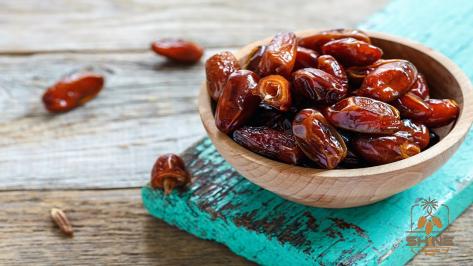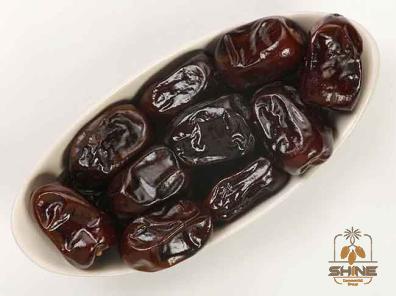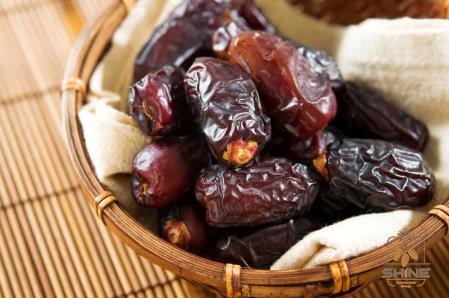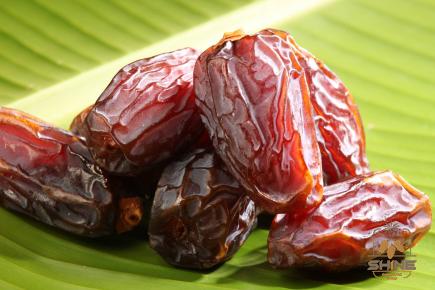In the world of dried fruits, dates are cherished for their natural sweetness and rich nutritional profile. Their sticky texture and caramel-like flavor make them a versatile ingredient in both sweet and savory dishes. But when it comes to choosing between yellow dates and brown dates, the decision might seem puzzling. Which one is sweeter? Which one is more nutritious?
.
In this article, we will delve into the differences between yellow dates and brown dates to help you make an informed choice. Understanding the Colors: Yellow Dates and Brown Dates Before we explore the differences between yellow dates and brown dates, let’s understand the colors themselves. Yellow dates are harvested early in their ripening process, while brown dates are left on the palm tree longer to fully ripen. The color variation between these two types of dates is mainly attributed to the different stages of ripeness. Taste and Texture: The Sweet Symphony When it comes to taste and texture, yellow dates and brown dates differ in various ways. Yellow dates are known for their slightly tangy and crisp texture. They offer a subtle sweetness that pairs well with tart flavors. On the other hand, brown dates boast a richer and sweeter taste, accompanied by a soft and chewy texture. The sugars in brown dates are more concentrated as the fruit ripens, making them a perfect natural sweetener for desserts and baked goods.
..
Nutritional Value: The Health Showdown When it comes to nutritional value, yellow dates and brown dates are both packed with essential vitamins and minerals. However, the level of nutrients may vary depending on their ripeness. Brown dates tend to have higher levels of vitamins, minerals, and fiber compared to yellow dates. The longer a date ripens, the more time it has to develop its nutritional content fully. If you’re looking for a superfood with a higher concentration of nutrients, brown dates might be your go-to option. Health Benefits: The Nutritional Powerhouses Both yellow dates and brown dates offer numerous health benefits, making them a healthy addition to any diet.
…
Let’s explore some specific health benefits associated with each type: 1. Yellow Dates: – Rich in antioxidants: Yellow dates are a great source of antioxidants, which help protect the body against free radicals. These antioxidants play a crucial role in reducing the risk of chronic diseases, such as heart disease and cancer. – Source of potassium: Yellow dates are packed with potassium, an essential mineral that helps regulate blood pressure and maintain heart health. – Fiber-rich: Yellow dates are high in dietary fiber, aiding in digestion and promoting satiety. Including yellow dates in your diet can help regulate bowel movements and prevent constipation. 2. Brown Dates: – Energy booster: Brown dates are an excellent natural source of energy due to their high sugar content. They make an ideal pre or post-workout snack, providing both instant and sustained energy. – Source of iron: Brown dates are rich in iron, a mineral essential for the production of red blood cells and the prevention of anemia. Incorporating brown dates into your diet can help combat fatigue and increase energy levels. – Bone health: Brown dates contain significant levels of calcium, a vital nutrient for maintaining bone health and preventing conditions like osteoporosis.



